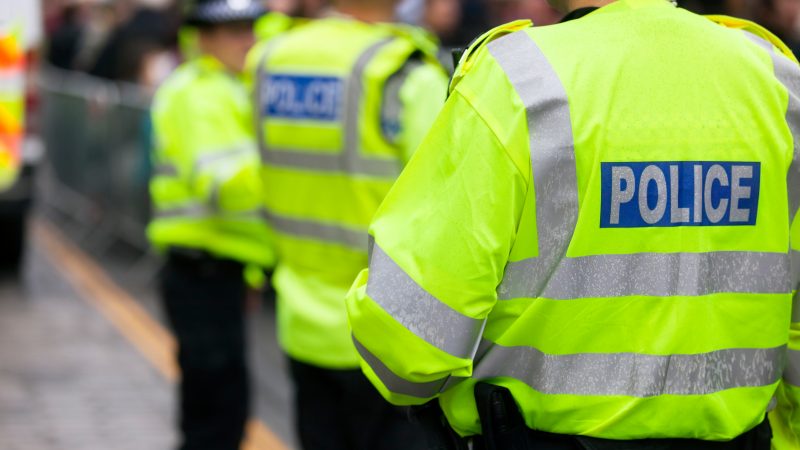
Yvette Cooper yesterday announced that a Labour government would bring in ‘respect orders’, a new form of anti-social behaviour order (ASBO). “Anti-social behaviour makes people’s lives a misery. The disgraceful behaviour of a small minority undermines communities, blights town centres and leaves people feeling unsafe,” the Shadow Home Secretary said, making the announcement as part of Labour’s ongoing ‘crime week’. ASBOs were brought in by Tony Blair in 1998. They were replaced in 2014 by anti-social behaviour injunctions, which, crucially, do not carry the threat of arrest. The new respect orders would carry the power of arrest for anyone issued with one who breaches its conditions.
One of the left’s favourite things to say about Keir Starmer is that he offers “zombie Blairism”, and bringing back ASBOs is certainly good fodder for anyone wanting to make this critique. ASBOs were synonymous with New Labour’s approach to crime – how many legal mechanisms pass so completely into everyday speech? Britain today, however, is a very different place than it was in 2005. In 2005, when you called an ambulance, it came; today we have bigger problems than hoodies.
Accompanying the announcement of respect orders, Labour has released figures showing that criminal damage is up more than 30% in the last year, but it is in serious crimes where the statistics become truly alarming. In 2021, Labour caused controversy when they put out a graphic accusing the government of overseeing the decriminalisation of rape. The facts, however, are hard to argue with. There were a record number of rapes recorded in the year to December 2021, but convictions have fallen by half in the last five years. This is not only the case when it comes to sexual offences. A third of theft victims decide not to take action following the incident, more than twice as many as did not pursue a case six years ago. Across all recorded crimes, the number of victims refusing to support prosecutions has more than doubled. It’s a set of circumstances that mean Starmer is less likely to talk about cultural failings in communities than he is to talk about cuts to the probation service.
Crime will probably never be the most comfortable ground for Labour, but the level of Tory failure has left space for Labour to talk tough. Whether respect orders are the best use of this opening remains to be seen, but we’re to expect more on crime from the party in the coming days, with Starmer and Cooper out today in Essex promoting Labour’s plans to crack down on local drug dealing. The Labour leader has said in advance of the visit: “Preventing crime and keeping our streets safe is personal for me. As director of public prosecutions, I locked up terrorists and dangerous criminals and put victims first. As Prime Minister, I’ll do the same. 13 years of Conservative rule have left our public services in tatters. Criminals have free rein, offences are skyrocketing, and this rudderless, tired government can’t get a grip.”
Sign up to LabourList’s morning email for everything Labour, every weekday morning.



More from LabourList
‘The High Court judgment brings more uncertainty for the trans community’
‘There are good and bad businesses. Labour needs to be able to explain the difference’
‘This ruling should now remove any remaining barrier to approval of EHRC code’